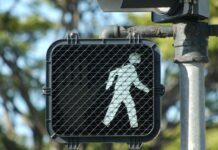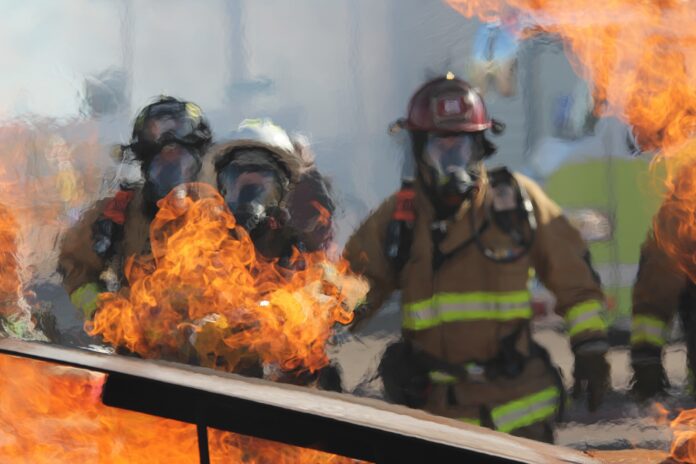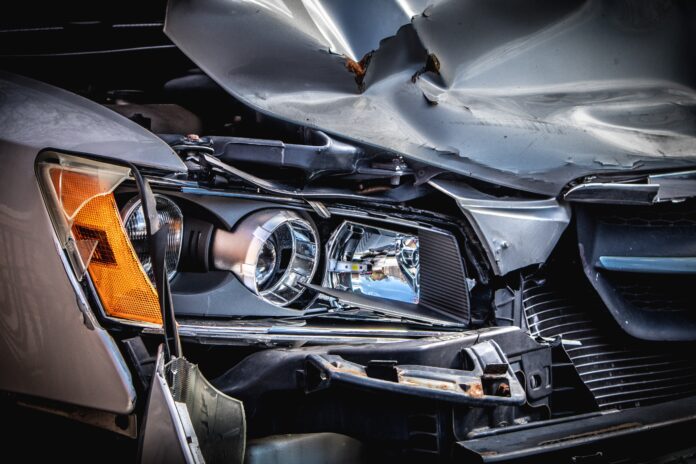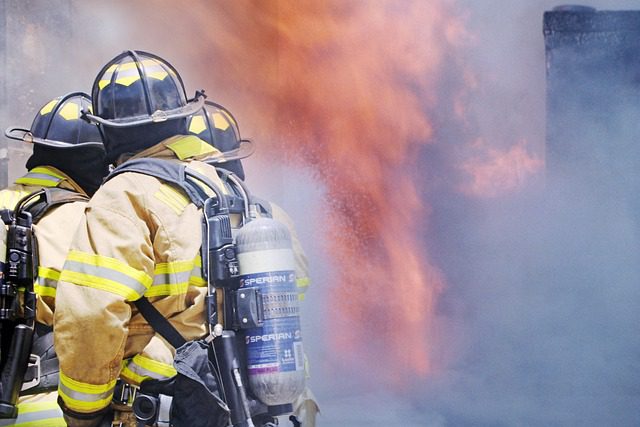An Inglewood man died in a rollover crash on I-5 near Camp Pendleton on June 25, when his Toyota Highlander swerved across traffic.
The driver, 21-year old Deshon Johnson from Inglewood, was driving northbound on Interstate-5. Around 1:30pm on Sunday, his vehicle suddenly crossed all northbound lanes of traffic, left the road, and struck a tree. His SUV, which contained 2 passengers, then rolled down an embankment and landed on its roof. The Medical Examiner’s office said that the vehicle came to rest in a drainage ditch on the Camp Pendleton Marine Base. The vehicle then caught fire.

Paramedics and California Highway Patrol (CHP) both arrived at the scene and pulled all three occupants from the vehicle. Unfortunately, the driver succumbed to his injuries before he could be taken to the hospital. CHP Officer Hunter Gerber said that the other two passengers, a 3-year old girl and a 26-year old woman, sustained non-life threatening injuries of moderate to major severity. According to the Times of San Diego, the passengers were both from Riverdale, Georgia. At this time, it is unknown why Mr. Johnson crossed traffic and lost control of his vehicle. The CHP accident investigation is ongoing.
“It’s a terrible tragedy for anyone to die so suddenly, and so young,” said personal injury attorney Paul Starita. “Even though Mr. Johnson’s passengers survived, their lives will never be the same. My heart goes out to them all – and to the families of everyone involved.”
If you or someone you know has been injured, or if a family member suffered wrongful death as a result of a North County car accident, contact the attorneys of Singleton Schreiber at info@singletonschreiber.com or 619-637-7768.
Car Crashes on I-5 Near Camp Pendleton are an Ongoing Problem
Car accidents near Camp Pendleton have been a recurring concern for both military personnel and civilians in the area. Camp Pendleton, located in Southern California, is one of the largest Marine Corps bases in the United States. Its proximity to major highways and busy roads makes it susceptible to traffic accidents and congestion.
The combination of military vehicles, civilian cars, and heavy commuter traffic often leads to a higher risk of accidents. The base is home to thousands of Marines, sailors, and their families, who frequently commute to and from the base. This increased traffic volume can contribute to a higher likelihood of collisions.
The geographical location of Camp Pendleton also plays a role in the occurrence of car accidents. The base stretches along the Pacific Coast Highway, a busy road known for its scenic views and heavy traffic. Additionally, the nearby Interstate 5, which runs north-south along the California coast, passes through the vicinity of the base. These major thoroughfares attract a significant number of vehicles, increasing the potential for accidents.
Factors such as distracted driving, speeding, and impaired driving further contribute to the occurrence of accidents near Camp Pendleton. Distracted driving, often involving cell phone use, has become a major issue on roads across the country. With the base’s close proximity to urban areas, it is not uncommon for drivers to become distracted while navigating through traffic.
Speeding is another significant concern, particularly on highways surrounding the base. Some drivers may feel rushed or impatient due to heavy traffic, leading them to exceed speed limits and take unnecessary risks. This dangerous behavior significantly increases the likelihood of accidents and puts everyone on the road at risk.
Impaired driving, whether due to alcohol or drugs, is a problem that affects communities worldwide. Camp Pendleton, unfortunately, is not immune to this issue. Despite strict regulations and a zero-tolerance policy within the military, instances of impaired driving still occur. Such incidents can have devastating consequences, not only for the individuals involved but also for innocent drivers and pedestrians.
To address these concerns, Camp Pendleton and local authorities have implemented various measures aimed at promoting road safety. These include increased law enforcement presence, awareness campaigns, and driver education programs. Additionally, the base has implemented traffic control measures within its own jurisdiction to help regulate the flow of vehicles and minimize accidents.
The safety and well-being of those who live and work around Camp Pendleton remain a top priority. Efforts to reduce car accidents near the base involve collaboration between the military, law enforcement agencies, and the local community. By raising awareness, enforcing traffic regulations, and promoting responsible driving practices, it is possible to make significant progress in reducing the number of accidents and ensuring the safety of all road users near Camp Pendleton.
“When authorities release the cause of this accident, Mr. Johnson’s family and the passengers of the vehicle may be eligible for compensation. It’s crucial that these victims find a qualified, experienced attorney to help them navigate this terrible tragedy,” Mr. Starita added. “I truly hope they can find some comfort during this difficult time, as well as the help that they surely need.”
If you or someone you love has been injured, or even killed, in a car accident in the North County or Oceanside area, contact the attorneys at Singleton Schreiber at 619-637-7768 or by emailing info@singletonschreiber.com.









































